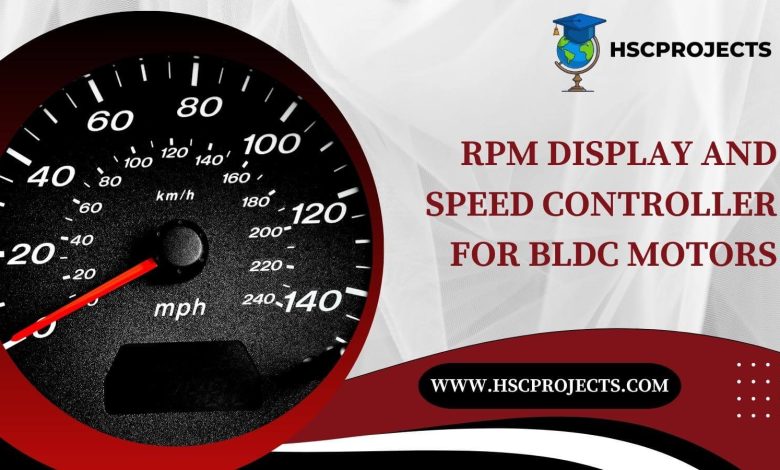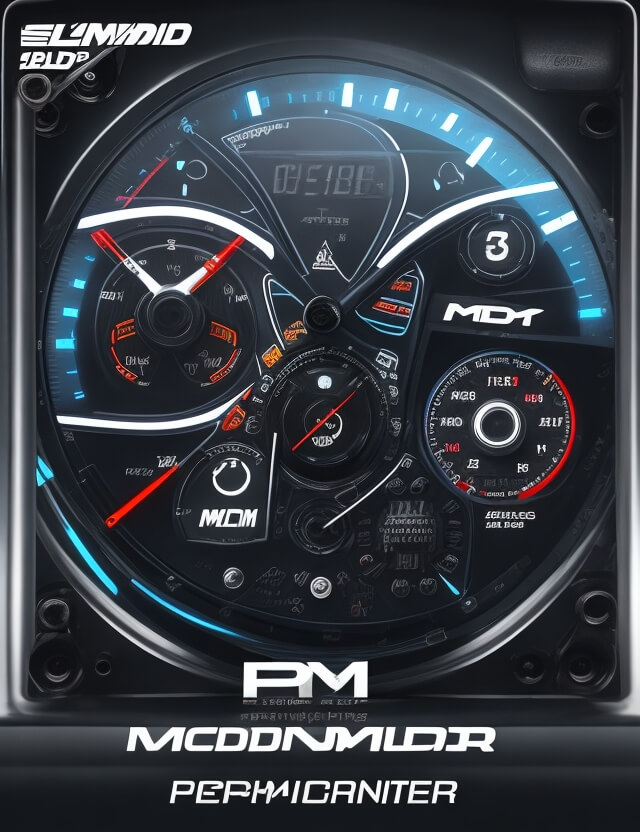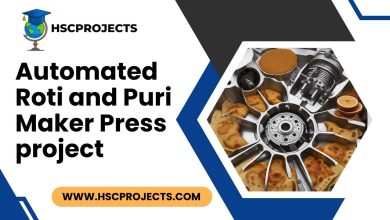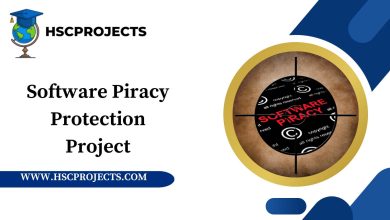
RPM Display and Speed Controller for BLDC Motors
Introduction
Brushless DC (BLDC) motors have become the go-to choice for a multitude of industrial applications such as drilling, spinning, and elevators. The key to their effectiveness lies in precise speed control and monitoring. Our focus here is on a revolutionary project that not only controls but also measures the speed of BLDC motors through an IR speed sensor mechanism.

Why Speed Control Matters
In industries, the speed of a BLDC motor is controlled by a variety of methods to suit different applications. Inconsistent or inaccurate speeds can compromise safety and reduce operational efficiency. Therefore, having an accurate speed controller and RPM display is vital.
How the System Works
The system consists of three integral phases:
- Input Phase: The user enters the desired speed via switches.
- Processing Phase: An IR sensor mounted on the motor shaft interfaces with an 8051-family microcontroller. The microcontroller generates PWM (Pulse Width Modulation) pulses based on the user input to regulate the DC power supply to the motor.
- Output Phase: An opto-isolator and a MOSFET are used to drive the BLDC motor. The IR sensor measures the RPM and feeds this data back to the microcontroller, which displays it on an LCD.
Hardware and Software Specifications
- Hardware
- 8051 Microcontroller
- Crystal Oscillator
- Resistors and Capacitors
- Transistors and Diodes
- Cables, Connectors, and PCB
- Software
- Keil µVision IDE
- Programming Language: Embedded C
Applications
The robustness of this RPM controller makes it versatile for multiple industrial scenarios, including lathes, elevators, and more.
Conclusion
Speed control of BLDC motor has never been more straightforward, thanks to this project. It not only enables you to control but also monitor BLDC motor RPM, ensuring both efficiency and safety in your industrial applications.
In order to download the PDF, You must follow on Youtube. Once done, Click on Submit
Subscribed? Click on Confirm
Download RPM Display and Speed Controller for BLDC Motors PDF






